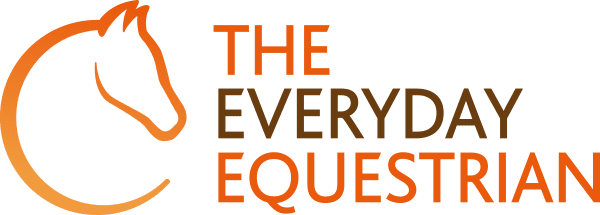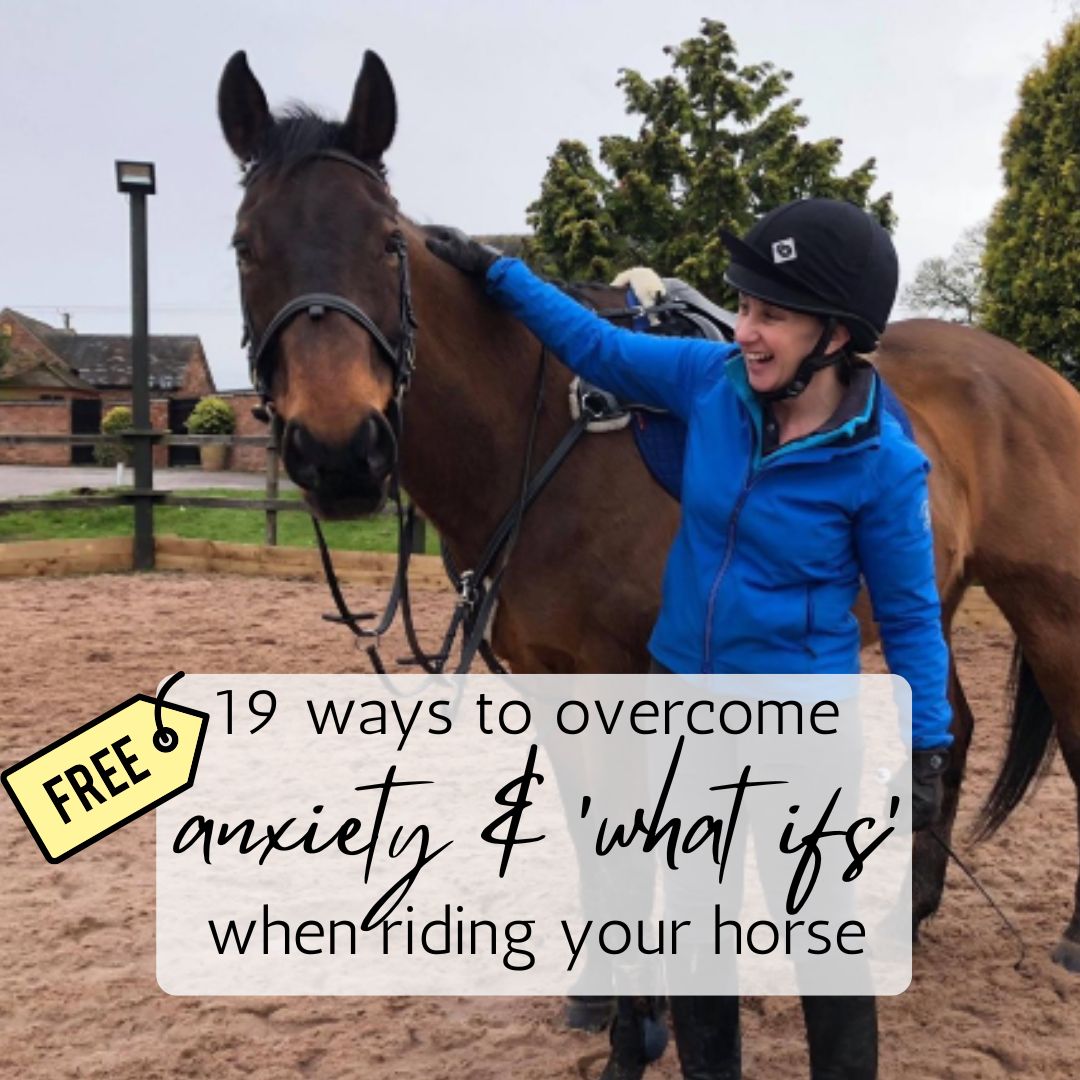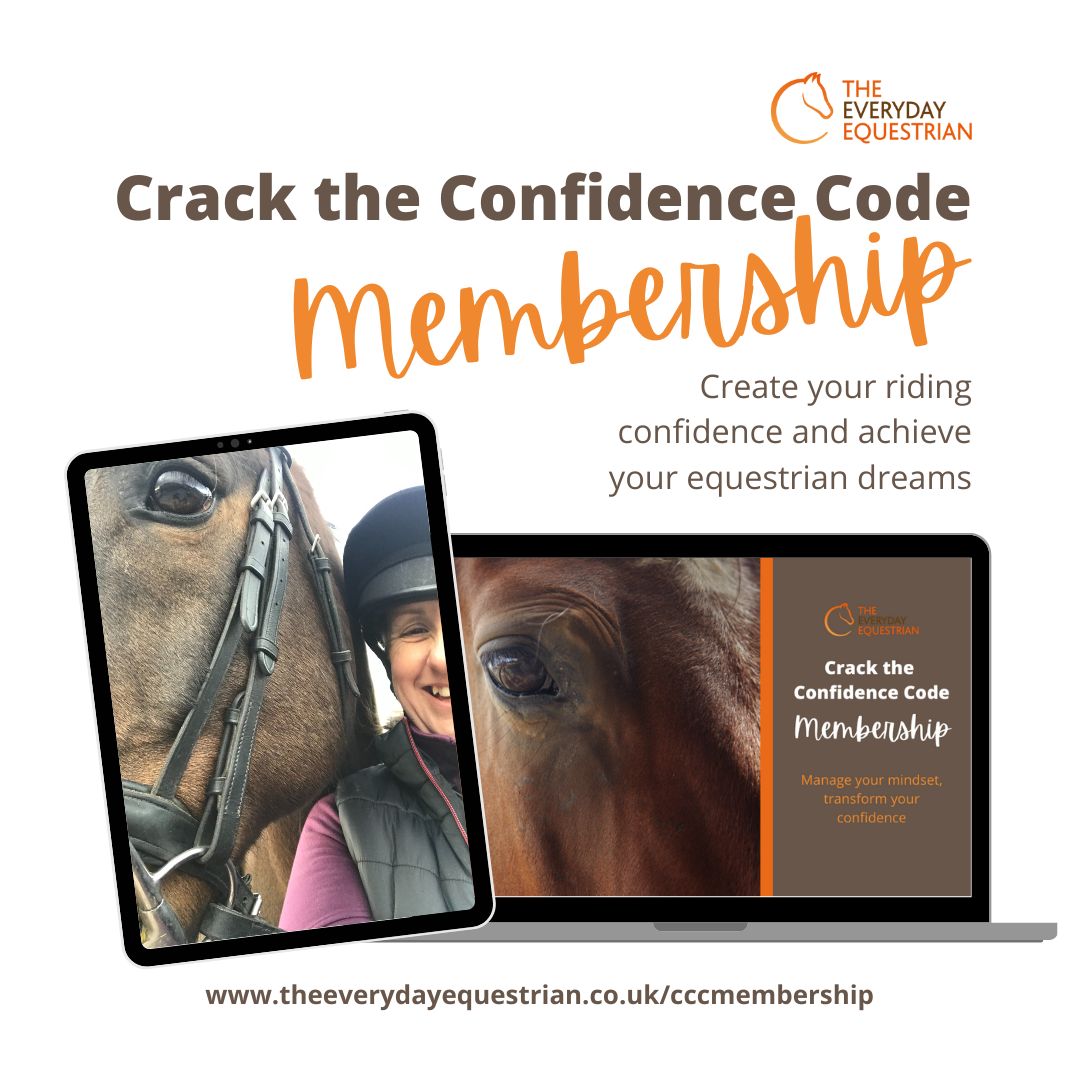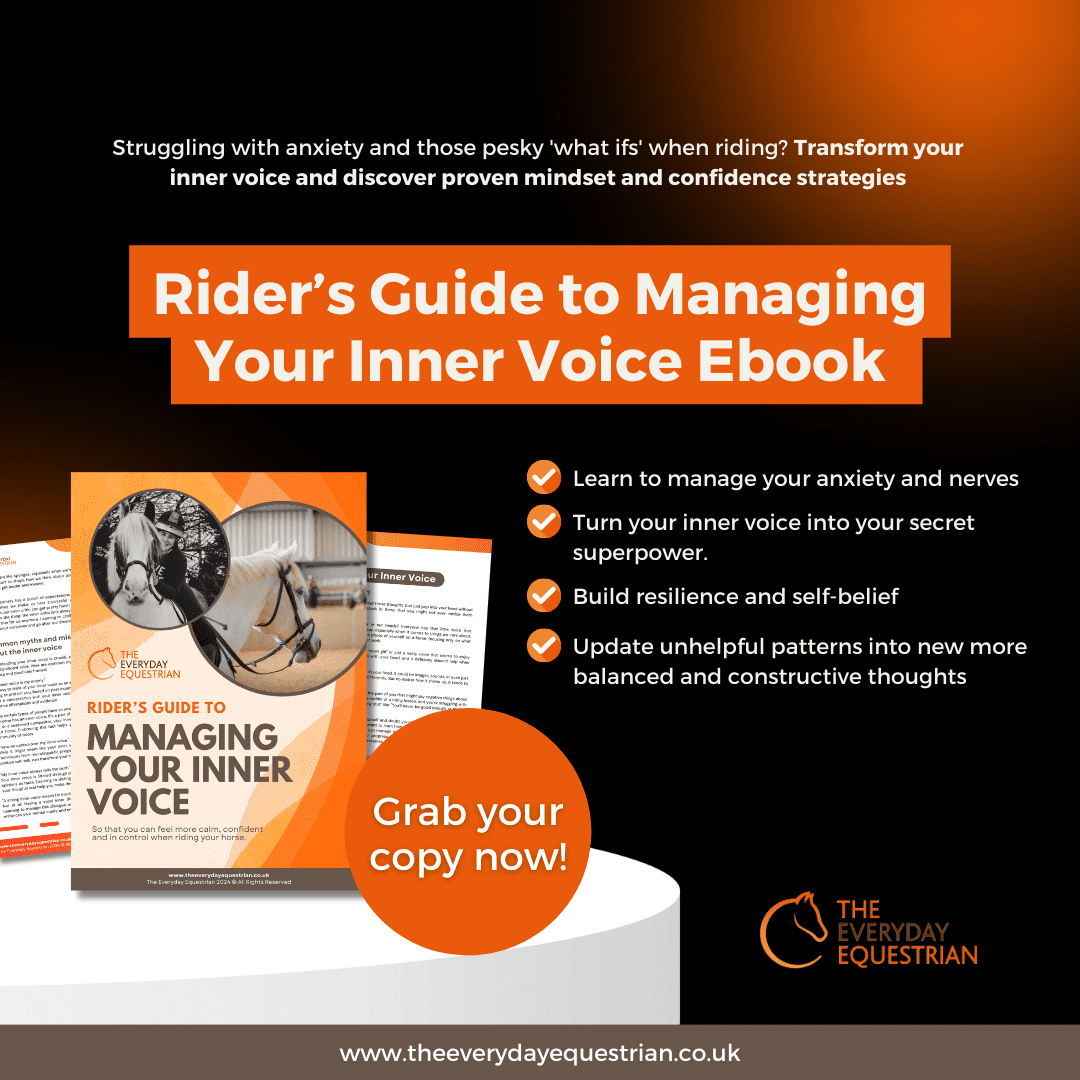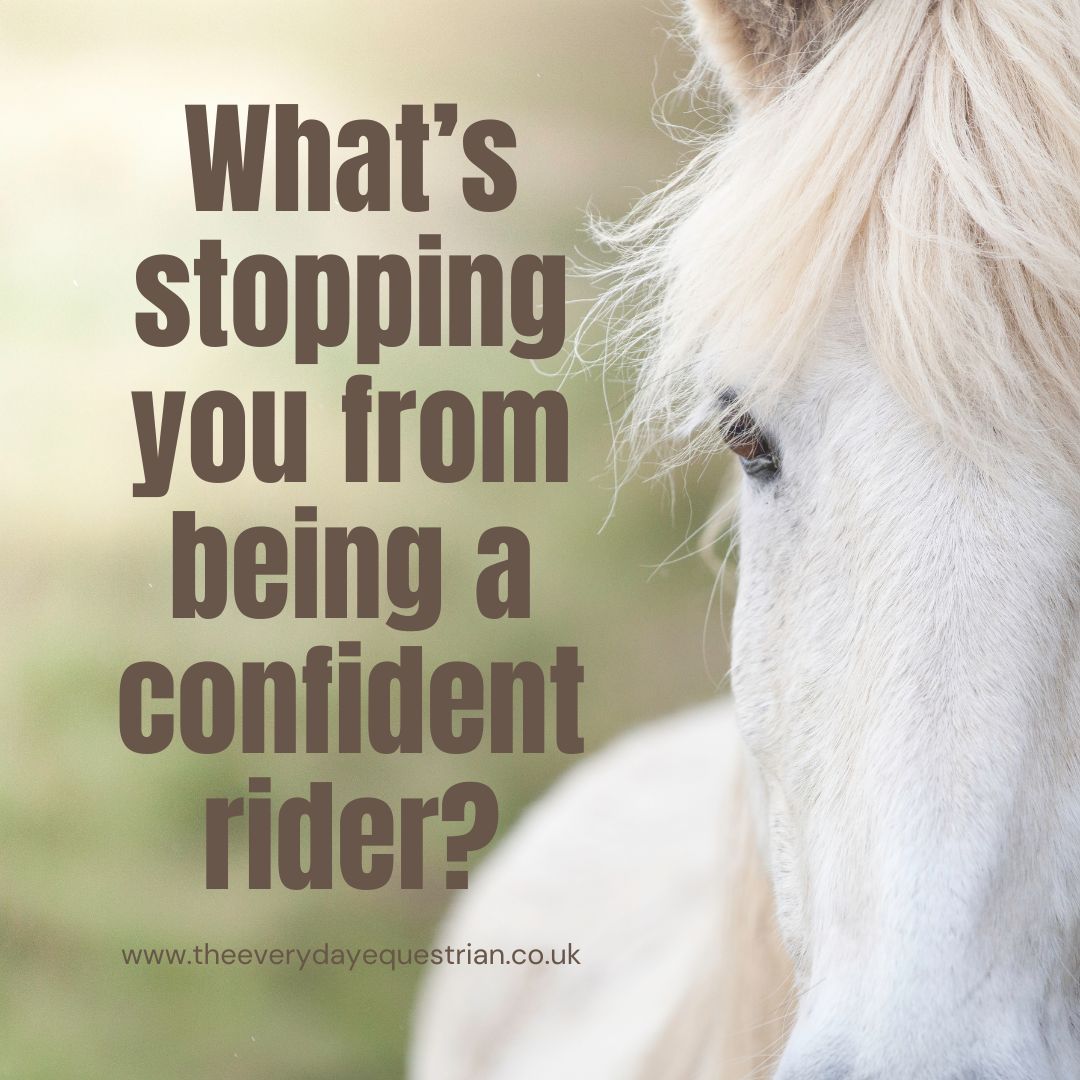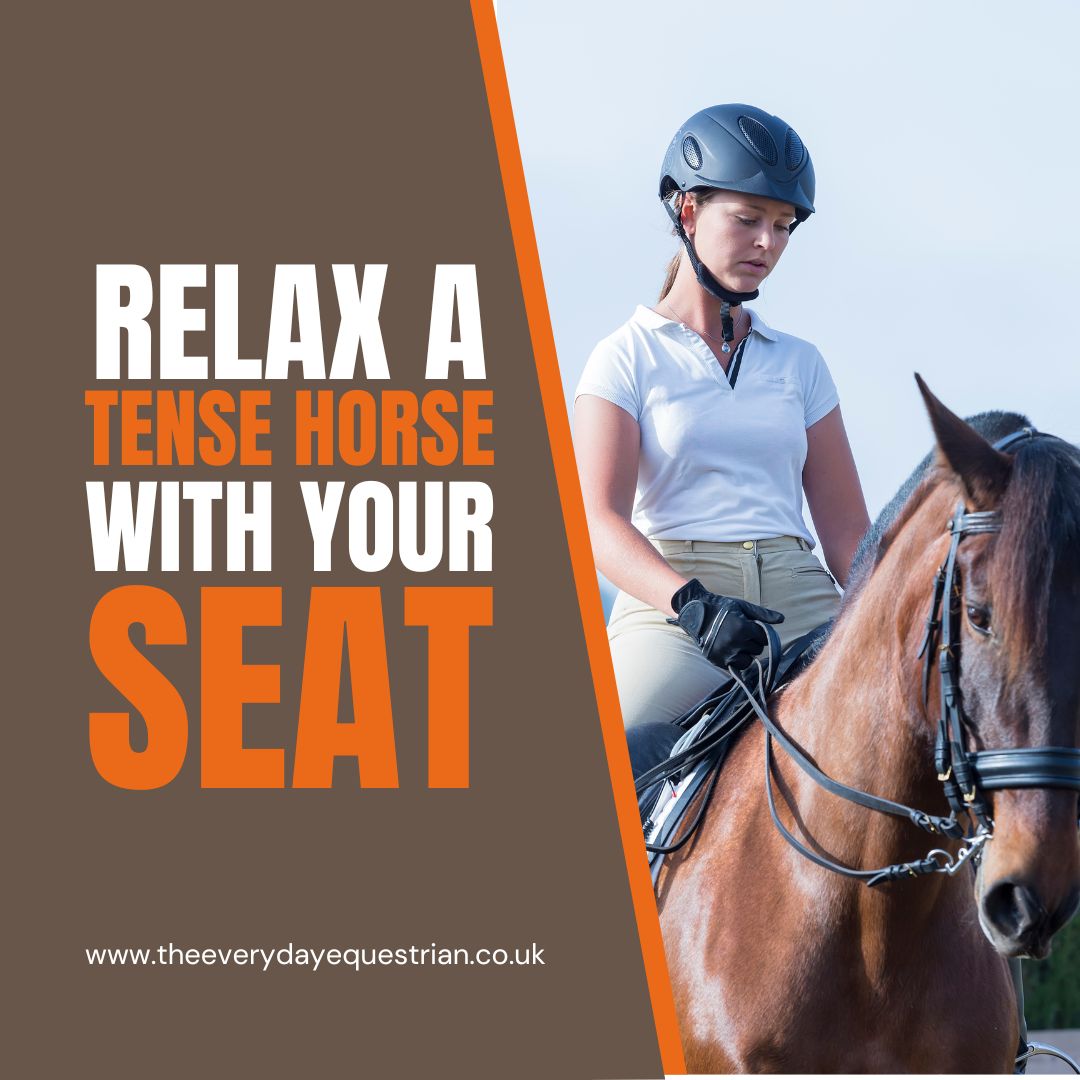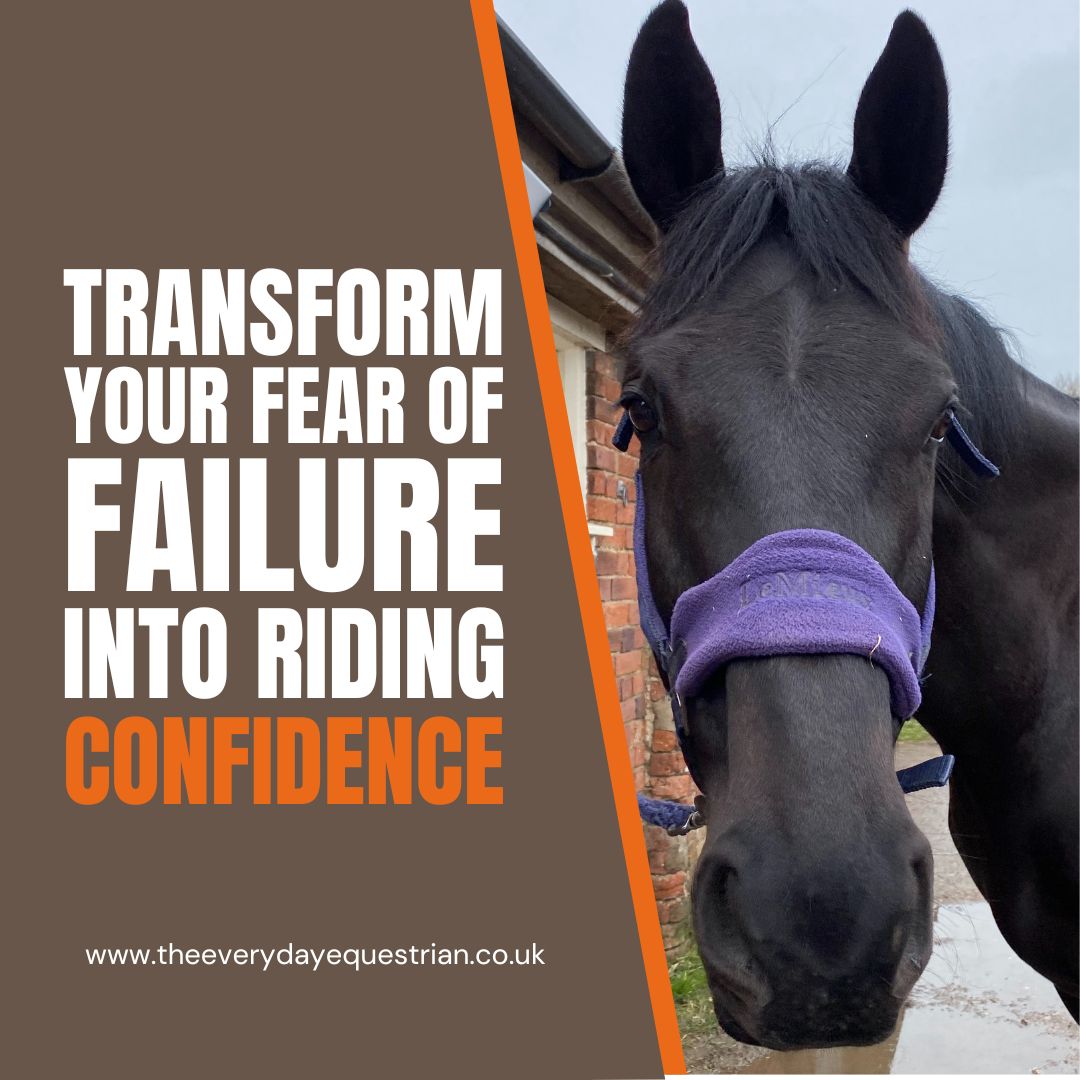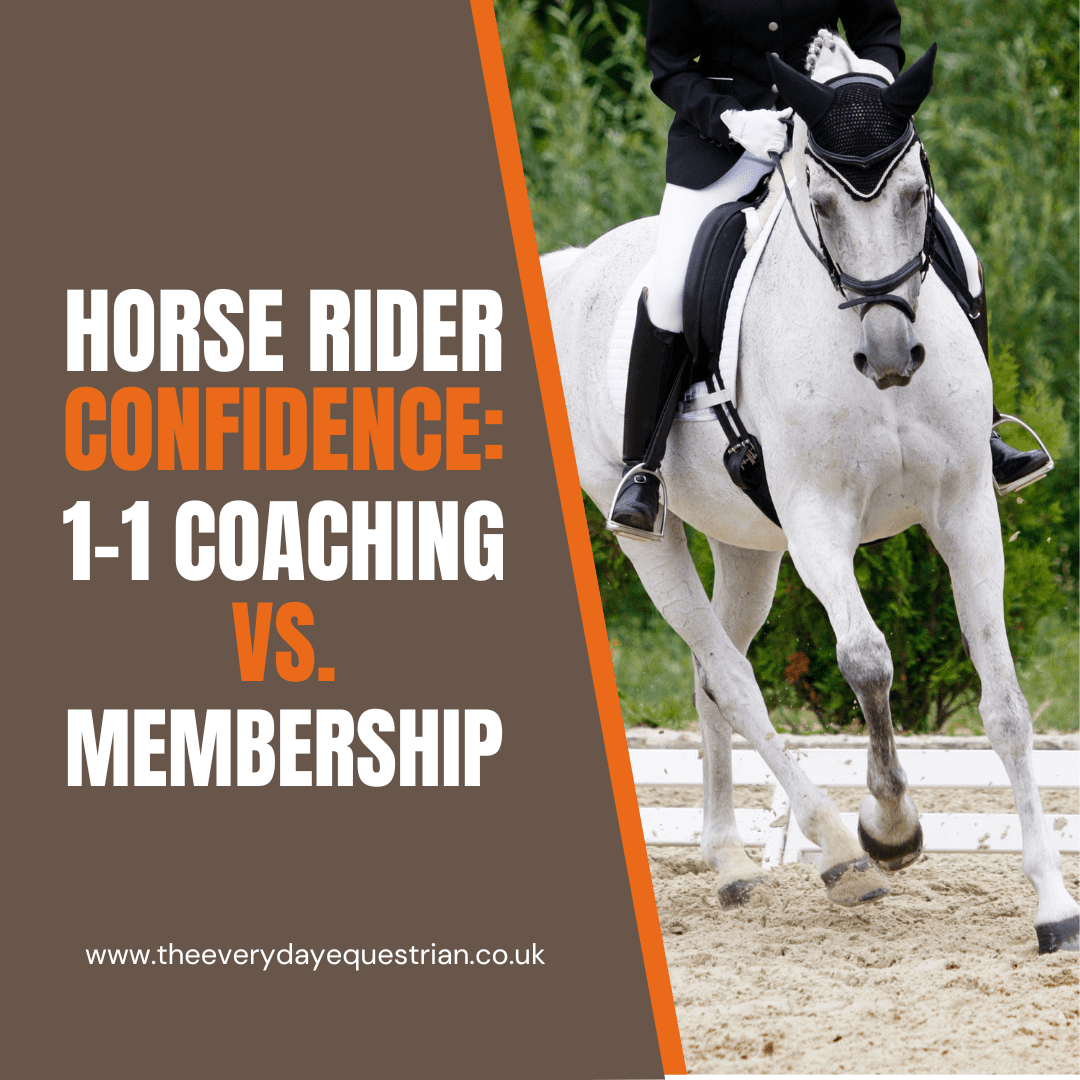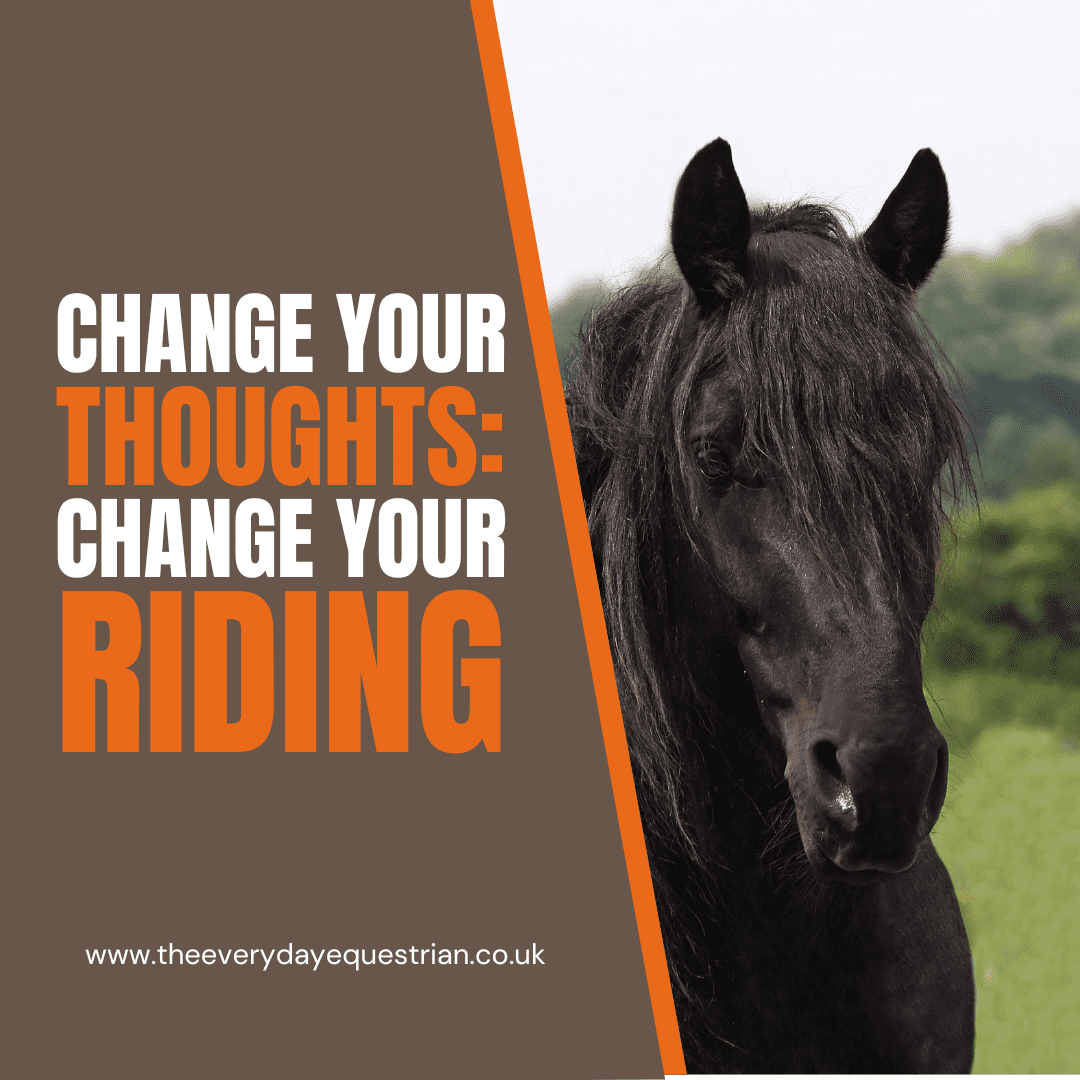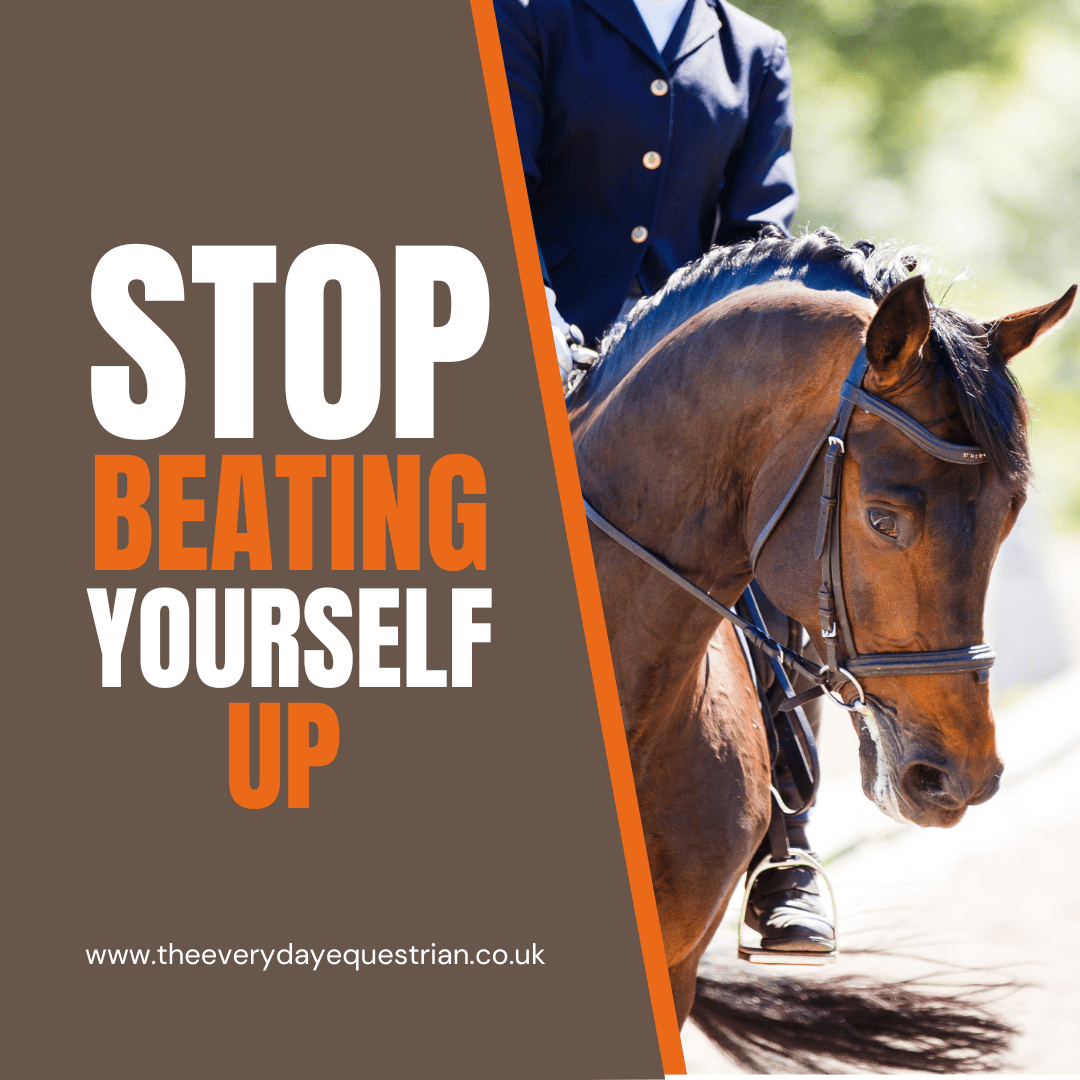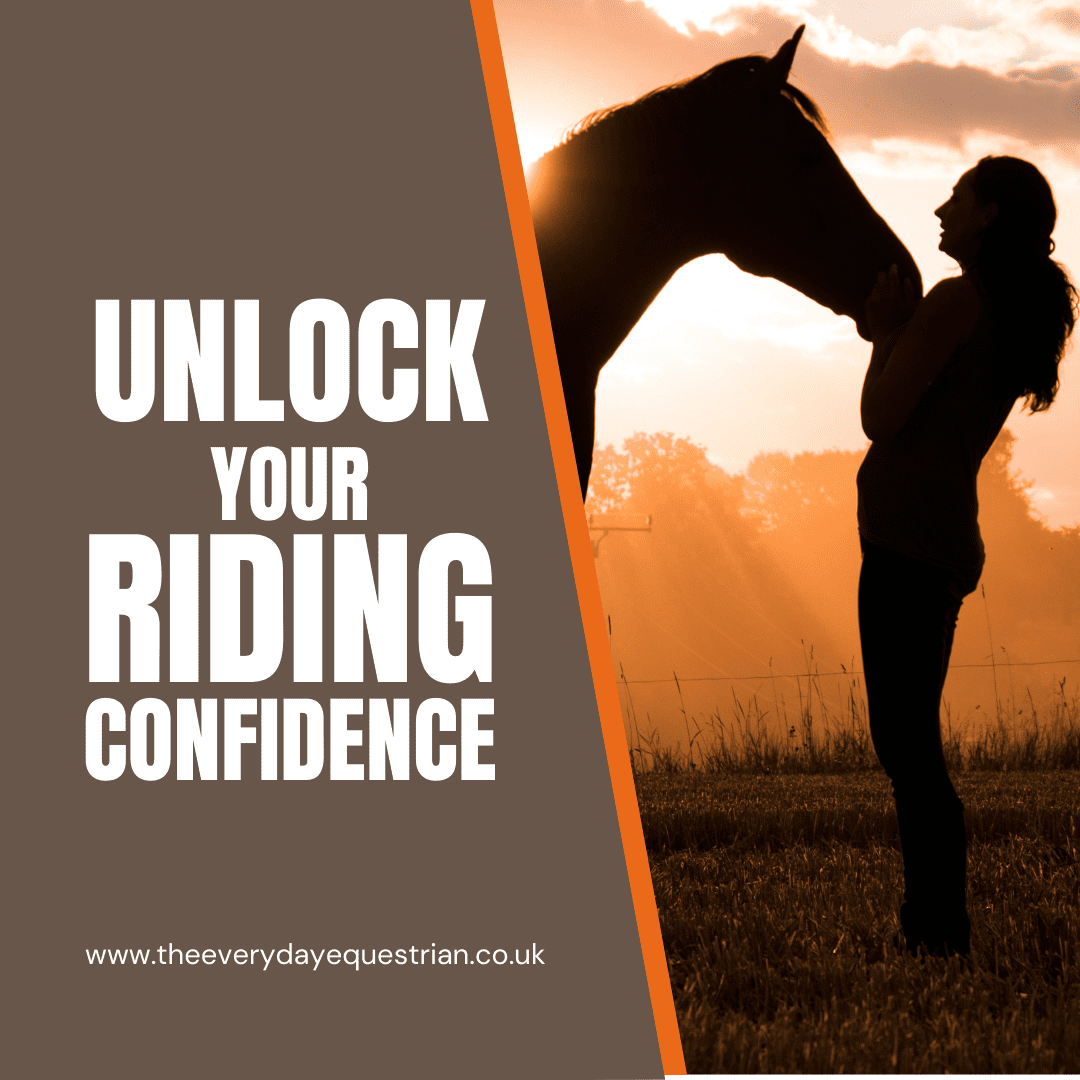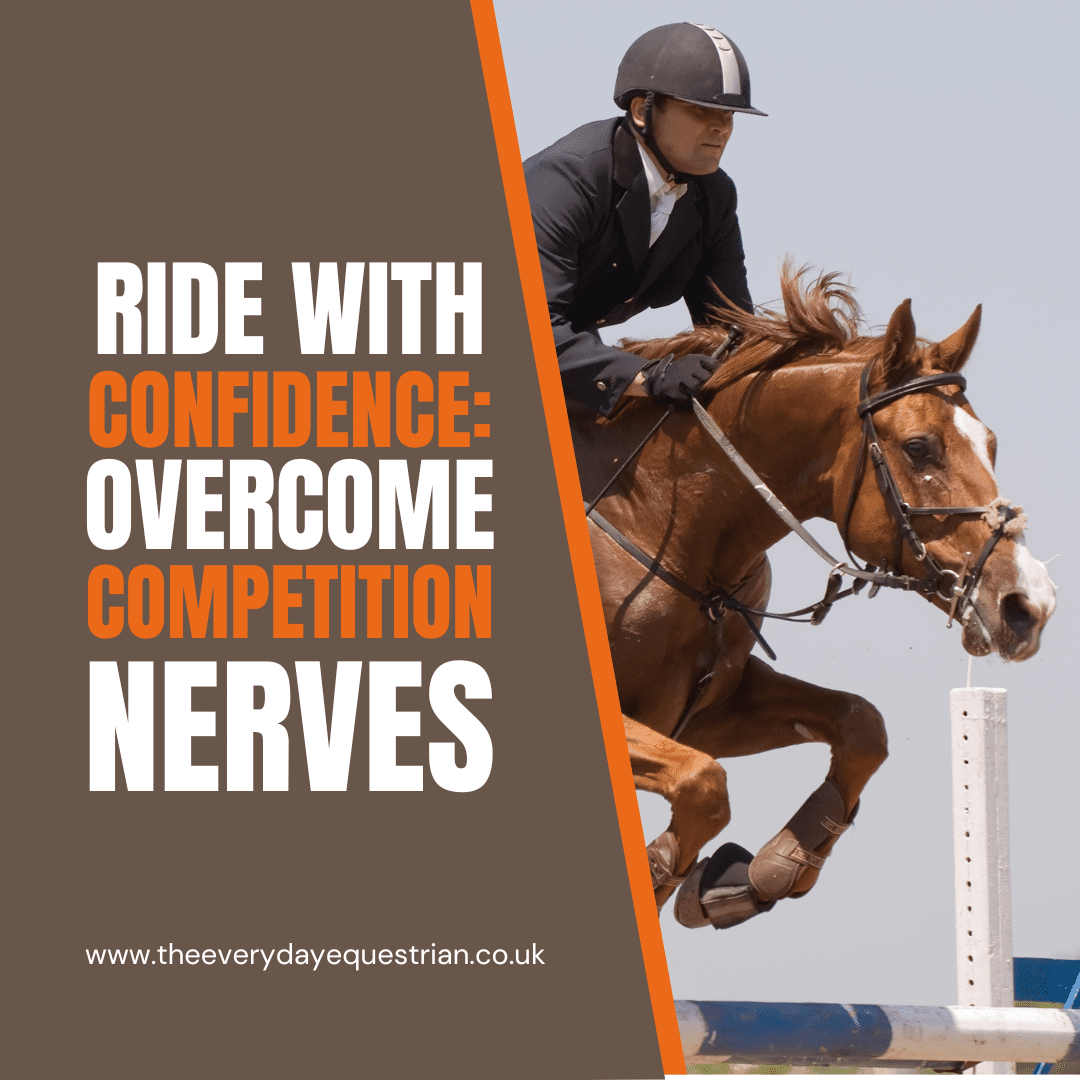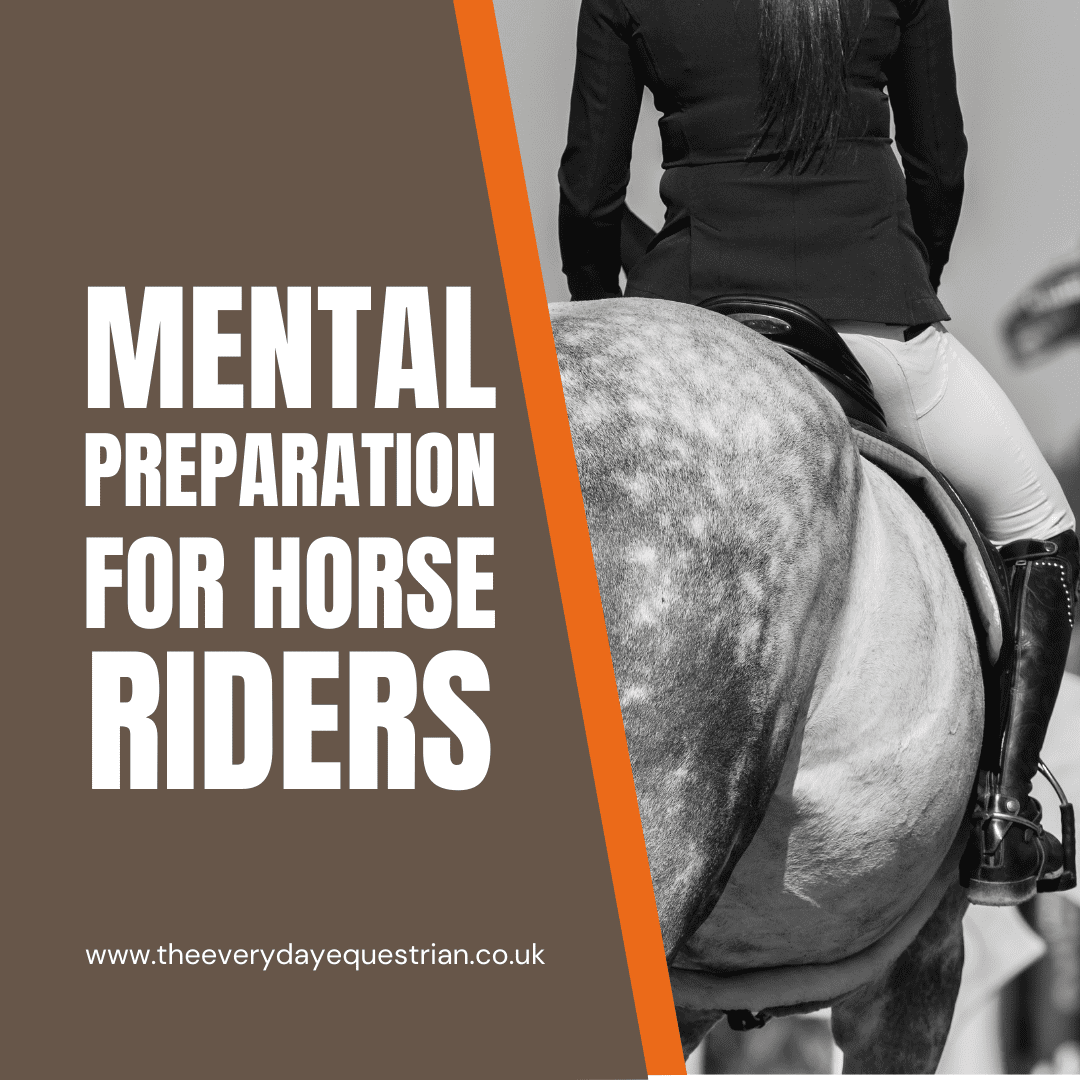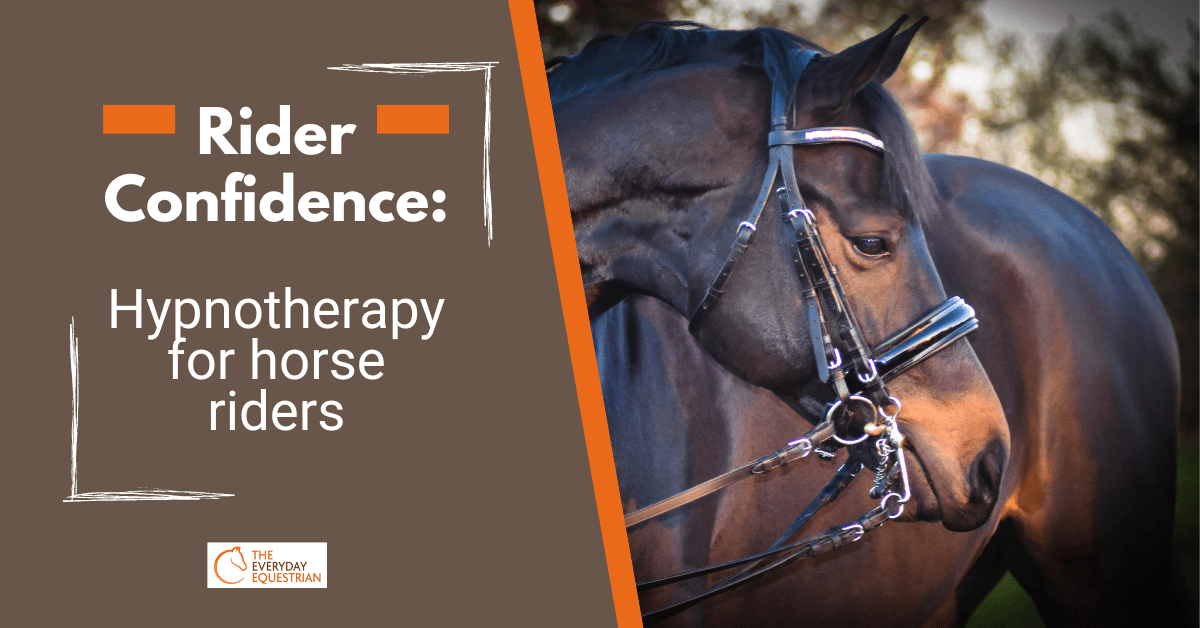Managing horses and a family
www.theeverydayequestrian.co.uk
I had my little girl 20 months ago, and it has been an absolutely whirlwind. We never really planned to have children; we’d always talked about it but had got to a point where we simply didn’t think it was meant to be. Now I was never ‘mumsey’ or remotely maternal; I had no idea about what to do with babies or children, and really was a bit rubbish about it all, which was fine, because I was too busy out competing! I’d be out and about virtually every weekend and horses were my life. Well, they still are, but now I have to try to find some kind of ‘balance’ between horses, my little family, the ‘proper’ day job as a college lecturer, and my freelance teaching and coaching business… ooh and blogging too obviously! Spare time simply does not exist and I work ridiculously hard to try to get everything done. On time… ish.
I mostly look like I’ve been dragged through a hedge backwards; oh how I’d love to be one of those gorgeous mummies on social media who always seem to look beautifully presented (yes, I know, none of it is real!).
The honest truth is that my priorities have changed; I’m no longer driven by the need to go out & prove myself every weekend, jumping bigger, faster & more difficult tracks. I just have lost the drive to make those things happen anymore. On the flip side, I really do miss those long days out & about, and I guess the biggest loss is the lack of riding goals. I would live to ride through qualifiers to progress to championships, and I relished the challenge of moving up a level. I can honestly say that I loved every minute of it, but the reality is that competing really doesn’t fit with my current goals & as my horse is getting older and less athletic, I don’t feel comfortable pushing him anymore; it just doesn’t feel right or fair to him.
So managing lifeas a whole is a bit of a challenge, but I suspect that’s nothing unusual! Somehow, I have to balance my priorities and keep the plates spinning. There are no hard & fast rules about how to make this work, but here are my tools of the trade:
- Write everything down! I keep a notebook in my handbag & try to get things written down as soon as they pop into my head, otherwise whooshthey’ve disappeared & never return
- Keep an old-fashioned diary. I just cannot get on with online apps etc., especially when I’m at yards without 4G!
- Limit when I use social media; it’s just such a time waster! I know that I get drawn in & end up getting lost down the rabbit hole.
- Create a to-do list, which I try to write at the end of the day before when things are buzzing around my brain; if I try to do it in the morning, I know I’ll miss something important
- Get back to people as soon as I can. This helps me to keep on top of horses, clients & childcare.
- Set myself mini-goals, for example if there’s a job or task I don’t particularly want to do then I give myself 20 minutes to make a start on it. This makes it seem more achievable, rather than thinking about having to do all of it in one big hit, which could take hours. This also often means that if I can just get started, then I’ll get immersed in it, and end up working for longer than 20 minutes anyway.
- I try really hard not to get distracted by work or my phone when I’m with my daughter. I found myself texting people back while I’m with her, or checking facebook, and it’s just such a rubbish thing to do! I always feel like I don’t spend enough time with her anyway, so not giving her my whole attention is even worse.
- Communicating with my hubby! Yep, so we used to do whatever we pleased prior to having our little girl, but now we actually have to speak to each other! Which is hilarious, but necessary. We very quickly found out that we cannot just do our own thing anymore, and it is essential that we discuss our plans & commitments so that everyone stays happy (and sane!). No we haven’t cracked it yet, and things often go wrong, but let’s just say it’s a work in progress…
- Just try to enjoy those crazy times at the yard with your son/daughter – it will all go by so very quickly, and even when it’s carnage & your little one is causing chaos, it really will all be fine; remember, tomorrow is just another day and a chance to try again!
I still have goals and ambitions with horses, but the goalposts have moved now. In the next few years, I hope to get back riding & competing, but other parts of my life are more important right now. All I can say is ‘watch this space’…
